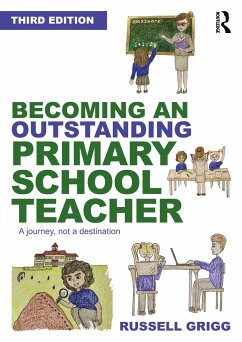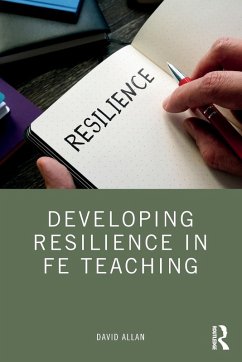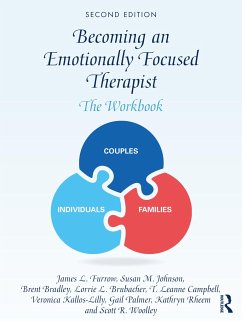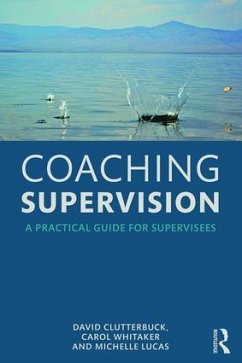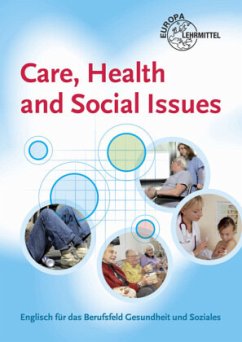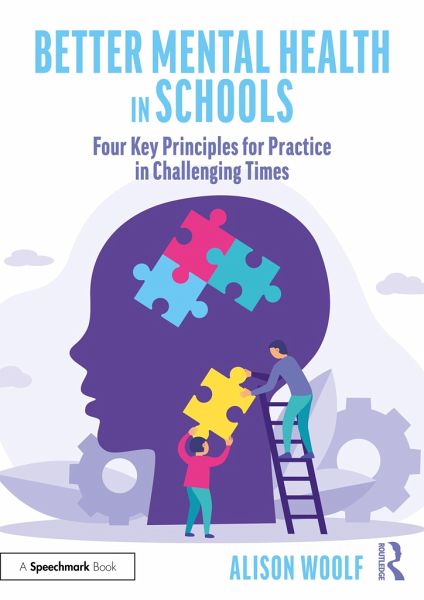
Better Mental Health in Schools
Four Key Principles for Practice in Challenging Times
Versandkostenfrei!
Versandfertig in 6-10 Tagen
28,99 €
inkl. MwSt.

PAYBACK Punkte
14 °P sammeln!
Better Mental Health in Schools recognises the value of school staff in supporting mental health in children and young people and introduces new skills for enhancing the therapeutic benefits of environments and relationships in schools.This book discusses and links to provision in schools and to supporting good mental health in pupils across four key areas for enhancing mental health and wellbeing - Cognition, Compassion, Containment, and Connection. Based in relevant and timely research it provides an accessible insight into practical ways to change practice. Rather than prescribe one program...
Better Mental Health in Schools recognises the value of school staff in supporting mental health in children and young people and introduces new skills for enhancing the therapeutic benefits of environments and relationships in schools.
This book discusses and links to provision in schools and to supporting good mental health in pupils across four key areas for enhancing mental health and wellbeing - Cognition, Compassion, Containment, and Connection. Based in relevant and timely research it provides an accessible insight into practical ways to change practice. Rather than prescribe one programme, or suggest one curriculum design, the book shows how strengthening knowledge and understanding of some basic underpinnings of good mental health will scaffold the development of better mental health in schools and offers illustrations of how that could look in everyday practice.
Written for practitioners and based on many years of experience in classrooms across a variety of education provisions, this book reflects the lived, experiential perspective of a teacher and school therapist. Through paying attention to these four key areas of daily life in school, staff can create an environment that supports mental wellbeing, while not depleting their own mental health.
This book discusses and links to provision in schools and to supporting good mental health in pupils across four key areas for enhancing mental health and wellbeing - Cognition, Compassion, Containment, and Connection. Based in relevant and timely research it provides an accessible insight into practical ways to change practice. Rather than prescribe one programme, or suggest one curriculum design, the book shows how strengthening knowledge and understanding of some basic underpinnings of good mental health will scaffold the development of better mental health in schools and offers illustrations of how that could look in everyday practice.
Written for practitioners and based on many years of experience in classrooms across a variety of education provisions, this book reflects the lived, experiential perspective of a teacher and school therapist. Through paying attention to these four key areas of daily life in school, staff can create an environment that supports mental wellbeing, while not depleting their own mental health.






